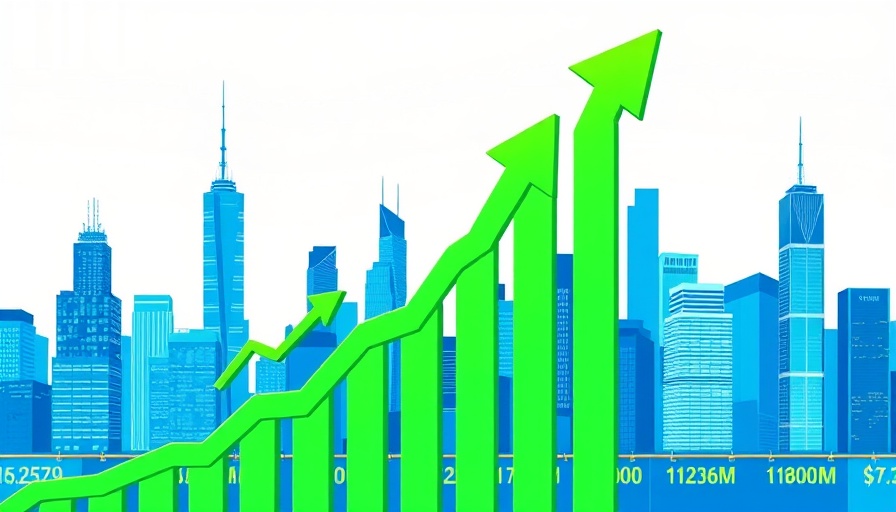
Putin and Trump: A Meeting Amid Economic Challenges
As the world looks on, Russian President Vladimir Putin prepares for a significant meeting with former U.S. President Donald Trump in Alaska on August 15. The agenda is clear: to discuss a potential end to the ongoing war in Ukraine. Yet, this dialogue coincides with troubling signs of economic strain within Russia, pointing to a looming fiscal crisis that could impact the Kremlin's ambitions.
The Fiscal Crunch: What's Driving It?
Despite initial resilience against Western sanctions instituted after the 2022 invasion of Ukraine, Russia's economy is now beginning to buckle under pressure. Recent statements from Russian officials, including Economy Minister Maxim Reshetnikov, have indicated that the country is "on the brink" of a recession. The central bank's substantial interest rate cuts aim to spur growth, but the headwinds appear daunting.
Declining Revenues, Rising Spending
The crux of Russia's fiscal troubles lies in its reliance on oil and gas revenues, which have plummeted significantly. Government earnings from these sectors fell by nearly 27% this July compared to last year, totaling around 787.3 billion rubles (approximately $9.8 billion). This decline has been exacerbated by the ongoing sanctions from Europe and high operational costs associated with the war effort, including increased military spending and compensation for families of fallen soldiers.
The Implications of a Growing Deficit
Currently, the fiscal deficit has widened, reaching $61.44 billion in the first seven months of the year, which is about 2.2% of Russia's GDP. This figure marks an increase from the 1.7% GDP deficit from the preceding six months. With spending on the rise—up over 20% year-on-year—there appears to be an unsustainable trajectory unless revenue streams can recover.
What Lies Ahead for Russia?
Economist Anders Åslund forecasts dire consequences if the financial squeeze continues. Options for funding have diminished, with sanctions pushing Russia out of the global financial system and even limiting access to friendly nations such as China. The National Wealth Fund, which was at $135 billion just over a year ago, is draining rapidly. This dependency on dwindling reserves raises concerns about governmental capability to sustain both social services and military funding.
Conclusion: A Crucial Crossroad
The upcoming meeting between Putin and Trump is set against a backdrop of serious economic turmoil. As business professionals observe these developments, the implications for the international market could be profound. Understanding the interconnectedness of political decisions and economic realities will be crucial in navigating the volatility that may arise from the decisions made during this high-stakes dialogue.
 Add Row
Add Row  Add
Add 



Write A Comment